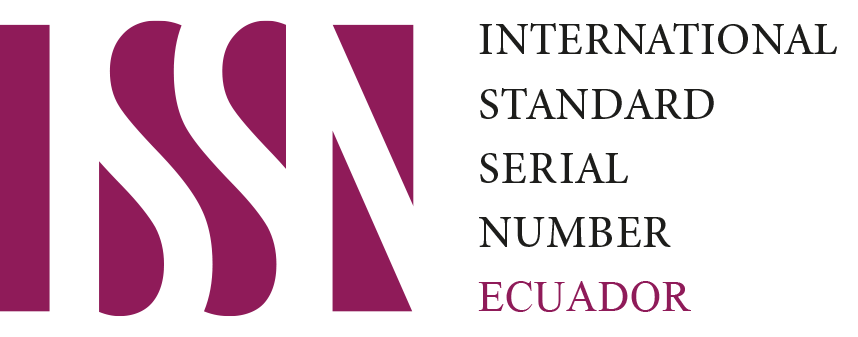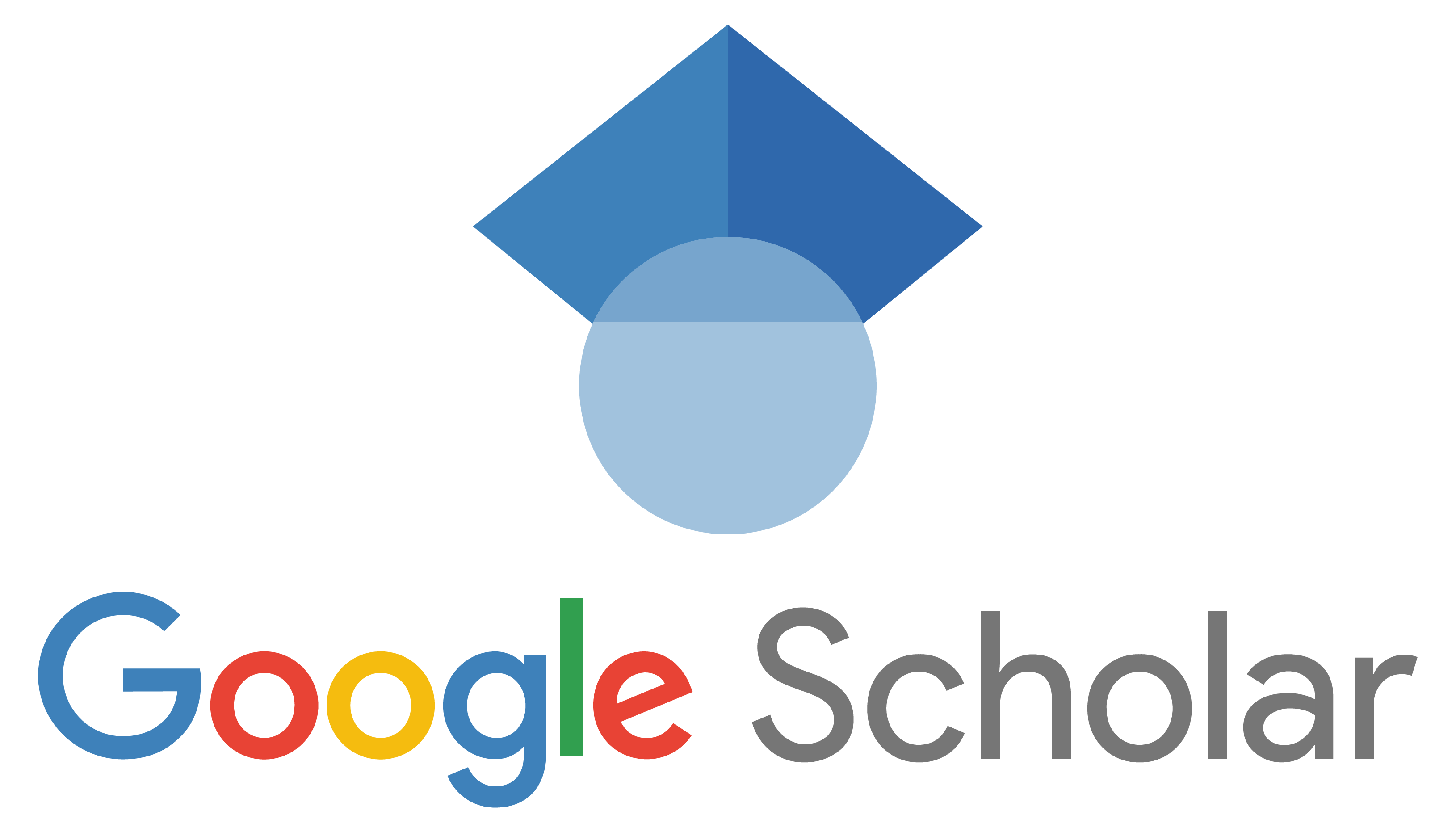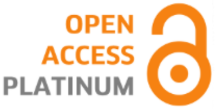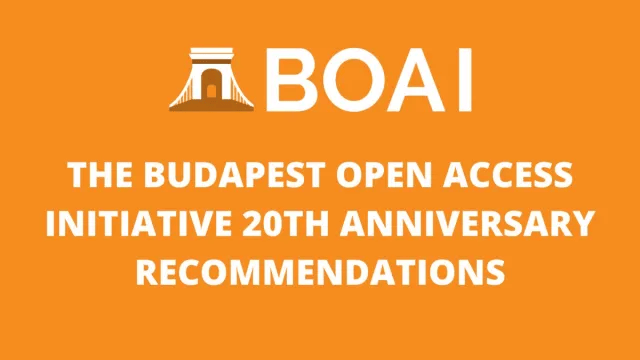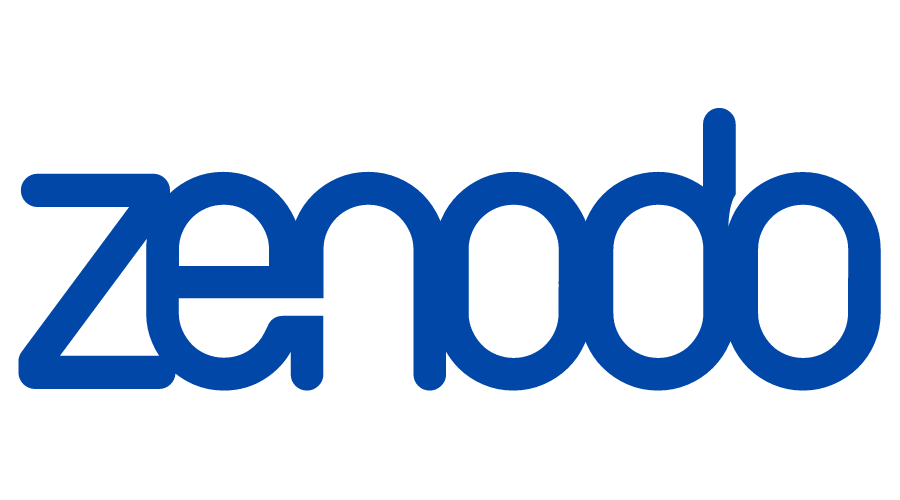Transhumanism as a tool of the new social era: researchforesight
DOI:
https://doi.org/10.5281/zenodo.14289575Keywords:
transhumanism, digital age, science, technology, innovationAbstract
Transhumanism is a key tool in humanizing the digital age, exploring how Science and technology can expand the boundaries of human capabilities. In the academic sphere, this movement invites reflection on the role of universities as engines of innovation and platforms for the evolution of knowledge. This perspective approaches transhumanism through a systematic-narrative qualitative review, aiming to provide a broad overview of related studies and highlight its relevance as an indicator of progress. Transhumanism emphasizes enhancing human capacities through technological integration, ushering in a new era of evolved humanism. It underscores the importance of developing research competencies in educators and students to strengthen scientific production and address the challenges of the knowledge society. Rooted in the ideals of enlightenment modernity, transhumanism connects reason and the scientific method with innovations designed to overcome human limitations, such as aging or restricted intellectual abilities. In this context, universities must lead the effort to build a strong research profile by promoting innovative pedagogy that fosters knowledge competency creation, interdisciplinary collaboration, and social transformation. This approach aims to pave the way for a sustainable and ethical posthuman era.
Downloads
References
Aguilera, R. (2014). Revisión sistemática, revisión narrativa o meta análisis? Revista de la Sociedad Española del Dolor, 21(6), 359-360. http://scielo.isciii.es/scielo.php?script=sci_arttext&pid=S1134-80462014000600010.
Bostrom, N. (2005). A History of Transhumanist Thought. Journal of Evolution and Technology, 14(1), 1-25. https://nickbostrom.com/papers/a-history-of-transhumanist-thought/
Bostrom, N. (2011). Historia del pensamiento transhumanista. Argumentos de Razón Técnica, (14), 157-191. https://revistascientificas.us.es/index.php/argumentos/article/view/22651.
Buendía-Arias, X. P., Zambrano-Castillo, L. C., & Insuasty, E. A. (2018). El desarrollo de competencias investigativas de los docentes en formación en el contexto de la práctica pedagógica. Folios, (47), 179-195. https://www.redalyc.org/articulo.oa?id=345958295012
Campos, J., & Chinchilla, A. (2009). Reflexiones acerca de los desafíos en la formación de competencias para la investigación en educación superior. Revista Electrónica Actualidades Investigativas en Educación, 9(2), 1-20. https://hdl.handle.net/10669/16906
Cancino, V. E., & Márquez, T. S. (2015). Evaluación de Desempeño de la Función Académica: Análisis de un Sistema en el Contexto Universitario Chileno. Formación Universitaria 8(3), 35-46. http://dx.doi.org/10.4067/S0718-50062015000300005
Pico, G. (2019). Discurso sobre la dignidad del hombre, una nueva concepción de la Filosofía. Ediciones Winograd.
Diéguez, A. (2017). Transhumanismo: La búsqueda tecnológica del mejoramiento humano. Herder Editorial.
Feixas, M., Lagos, P., Fernández, I., & Sabaté, S. (2015). Modelos y tendencias en la investigación sobre efectividad, impacto y transferencia de la formación docente en educación superior. Educar, 51(1), 81-107. https://doi.org/10.5565/rev/educar.695
Flores, F., Gatica, F., Sánchez, M. y Martínez, A. (2016). Evolución de la evaluación del desempeño docente en la Facultad de Medicina; evidencia de validez y confiabilidad. Investigación de educación médica, 6(22), 96-103. https://doi.org/10.1016/j.riem.2016.06.004
Gutierro, J. J. (2018). Antonio Diéguez, transhumanismo. La búsqueda tecnológica del mejoramiento humano. Barcelona: herder, 2017, 248 págs. Oxímora. Revista Internacional de Ética y Política, (12), 248–252. https://doi.org/10.1344/oxi.2018.i12.20632
Hernández-Mosqueda, J. S., Tobón-Tobón, S., & Guerrero-Rosas, G. (2016). Hacia una evaluación integral del desempeño: Las Rúbricas Socioformativas. RaXimhai, 12(6), 359-376. https://www.redalyc.org/articulo.oa?id=461/46148194025.
Jara, N. P., & Díaz-López, M. M. (2017). Políticas de evaluación del desempeño del docente universitario, mito o realidad. Revista Cubana de Educación Médica Superior, 31(2), 1-15. https://www.medigraphic.com/cgi-bin/new/resumen.cgi?IDARTICULO=76450
Montagud, M. D., & Gandía, J. L. (2015). Adquisición de competencias, actividades formativas y resultados del aprendizaje: evidencia empírica en el Grado en Finanzas y Contabilidad. Estudios sobre educación, 28, 79-116. https://doi.org/10.15581/004.28.79-116
Quesada, F. (2018). Transhumanismo”: ¿Un nuevo humanismo? Un dilema fundamental para la bioética. Revista Estudios, (36), 419–443. https://doi.org/10.15517/re.v0i36.33505
Rodríguez, E. J., Rabazo, A. E., & Naranjo, D. (2015). Evidencia empírica de la adquisición de la competencia de resolución de problemas. Perfiles Educativos, 37(147), 50-64. http://www.scielo.org.mx/scielo.php?script=sci_arttext&pid=S0185-26982015000100004
Torro, L. M. (2016). Considering Human Vulnerability and Transhumanism: Some Theological Perspectives. Advances in Social Science, Education and Humanities Research, 683-686. https://doi.org/10.2991/icelaic-16.2017.166
Tutivén, C. (2018). Transhumanismo y subjetivación en la era de la técnica (Tesis de maestría, Universidad Casa Grande).
Belleï, C. (2013). Situación educativa de América Latina y el Caribe: Hacia la educación de calidad para todos al 2015. https://unesdoc.unesco.org/search/N-EXPLORE-b12c672a-384d-464a-a862-50597fe7184b
Del Aguila, J. W. V., & Solana, E. P. (2015). Transhumanismo, neuroética y persona humana. Revista Bioética, 23(3), 505–512. https://doi.org/10.1590/1983-80422015233087
Villarroel, R. (2015). Consideraciones bioéticas y biopolíticas acerca del transhumanismo. El debate en torno a una posible experiencia posthumana. Revista de Filosofía, 71, 177-190. http://dx.doi.org/10.4067/S0718-43602015000100014
Published
Data Availability Statement
The datasets used and/or analyzed during the current study are available from the corresponding author on reasonable request.
Issue
Section
License
Copyright (c) 2025 José R. Abreu, Carmen M. Marín, Dimas E. Verdu (Author)

This work is licensed under a Creative Commons Attribution-NonCommercial-ShareAlike 4.0 International License.








